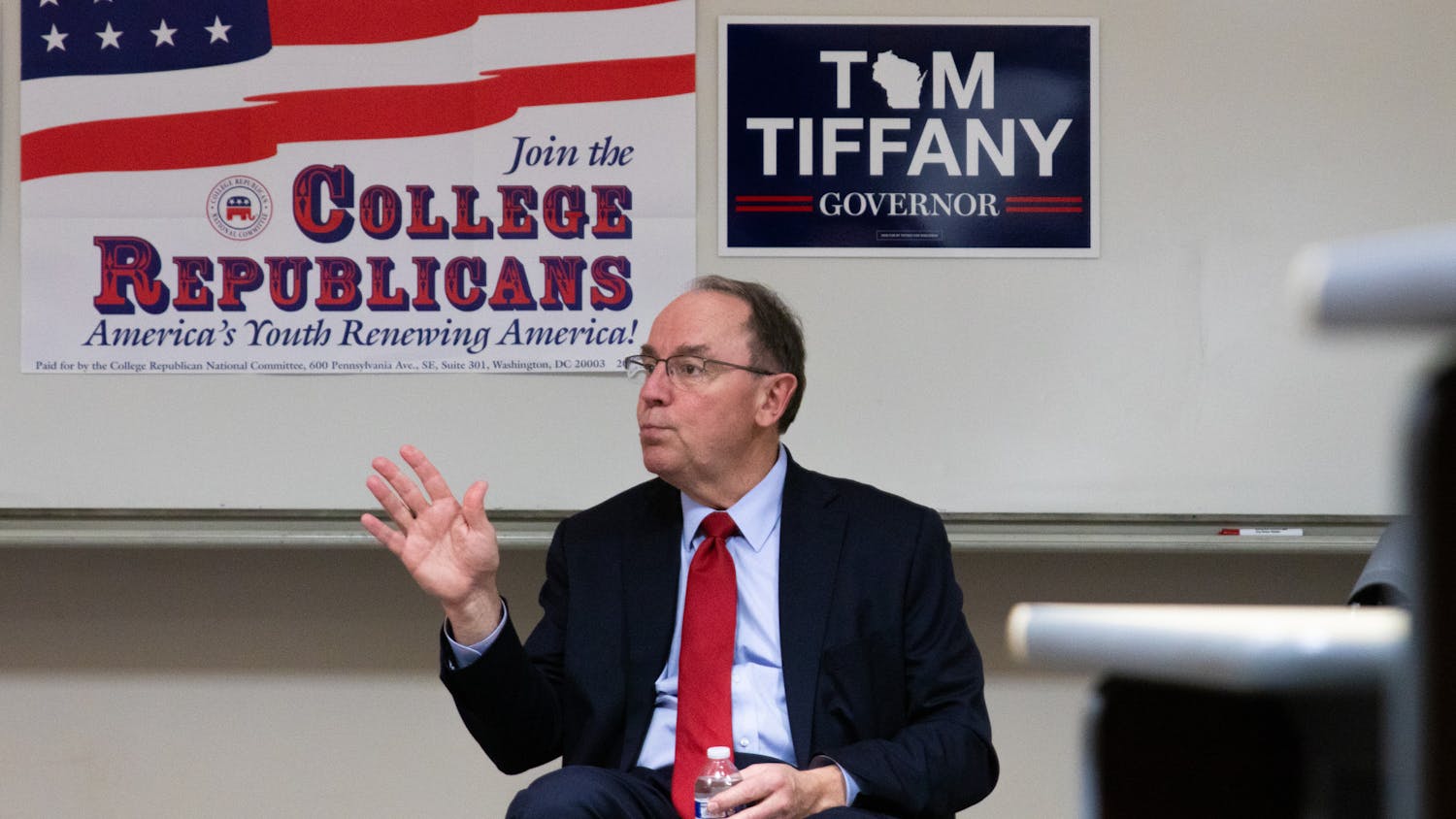While nicotine users have recently become social pariahs, people who crave a caffeine buzz have become the new elite—at least in the eyes of companies eager to give a caffeinated jolt to sales.
Caffeine is now the not-so-secret ingredient in an ever-widening array of products—including beer, gum, water and energy drinks—as well as classics like coffee, tea and soft drinks. It is also in a lot more places, with Starbucks—which has grown from 11 units in 1987 to 10,500 this year—leading the worldwide trend.
But Al Kushner, co-founder of the Brooklyn, N.Y-based Caffeine Awareness Alliance, thinks the public should be better informed about caffeine—both its prevalence and its potentially harmful effects.
According to Kushner, whose organization has designated March Caffeine Awareness Month, We're hoping to raise the idea of looking at caffeine from a different light, not as an innocent drug but more as an addictive substance.\
Caffeine, the most widely-used drug in the world, is found naturally in coffee, tea and cocoa and is frequently added to other products like soft drinks and over-the-counter painkillers. For example, a 12 oz. cola has about 35-50 mg of caffeine and Excedrin has 65 mg. Coffee differs widely in caffeine content depending on the bean and brewing process. Starbucks claims a 12 oz. cup of its brewed coffee contains about 195 mg of caffeine.
The main effects of caffeine include stimulating the heart and central nervous system, causing an increase in heart rate, blood pressure and the production of stress hormones. It also increases urine output—one possible reason it is often found in diet pills.
Most experts do not question the safety of caffeine in small amounts. According to UW Health, up to 200 mg of caffeine a day—about six Cherry Cokes or a tall Starbucks coffee—is ""fairly harmless."" Higher amounts may cause nervousness and irritability, however, especially in sensitive individuals.
Few human studies treat caffeine in isolation, looking instead at the effects of coffee and tea, which contain other active chemicals.
Some research studies have shown that coffee drinkers have lower rates of liver cirrhosis and Parkinson's—the neurological disease afflicting actor Michael J. Fox and ex-boxing champion Muhammad Ali—than non-drinkers. Research also shows coffee may even help to reduce asthma. Other studies, however, show that a few hundred milligrams of caffeine per day can speed up osteoporosis in older women by triggering the release of calcium from bones.
As for major killers like cancer and heart disease, the Coffee Science Information Center—an Oxford, England organization linked to the coffee industry—cites scientific studies showing no persuasive causal link between coffee and heart disease or cancer after taking into account known risk factors such as smoking.
Although experts disagree about the physical addictiveness of caffeine, most researchers think it is at least habit-forming. Roland Griffiths, professor of psychiatry and neuroscience at Johns Hopkins University, predicts that ""caffeine withdrawal syndrome"" will be listed as a psychiatric disorder in the next edition of the Psychiatric Profession's Diagnostic Manual, thus legitimating the idea that people can become physically hooked on caffeine. According to Griffiths, caffeine withdrawal symptoms include headache, fatigue, difficulty concentrating and sometimes muscle aches.
Kushner, of the Caffeine Awareness Alliance, said that companies use caffeine's habituating property as a marketing tool.
""For manufacturers, it's like the ultimate addictive substance that they can use—it's legal. So why not use something that can hook someone into buying their product?""
Kushner also said caffeine is linked to hyperactivity and attention deficit disorder and pointed out that it particularly affects children due to their lower body weight.
""A child, for example, drinks a can of cola and that's equal to an adult who drinks four cups of coffee,"" Kushner said.
Caffeine labeling—requiring all caffeinated products to show how much caffeine they contain—is one of the main goals of Kushner's organization. He said labeling will help people make informed decisions about what they or their children should consume.
If labeling ever becomes the rule, consumers would discover that a 20 oz. Starbucks Venti contains approximately 325 mg of caffeine—more than what many experts recommend but still well short of a lethal dose of one to 10 g.
Steve Miller, a UW-Madison senior who drinks approximately one-and-a-half pots of coffee a day, said he's ""not very concerned about the ill effects of caffeine."" According to Miller, ""I figure that compared to the other things I've taken to excess, coffee is probably a mild alternative—and doesn't threaten to tear my life apart.""
In fact, according to Miller, caffeine might be one of the things holding it together. Asked how his life would be without caffeine, he replied, ""I'd rather not think about it. Could one still rightly call it ‘life'?""
\





